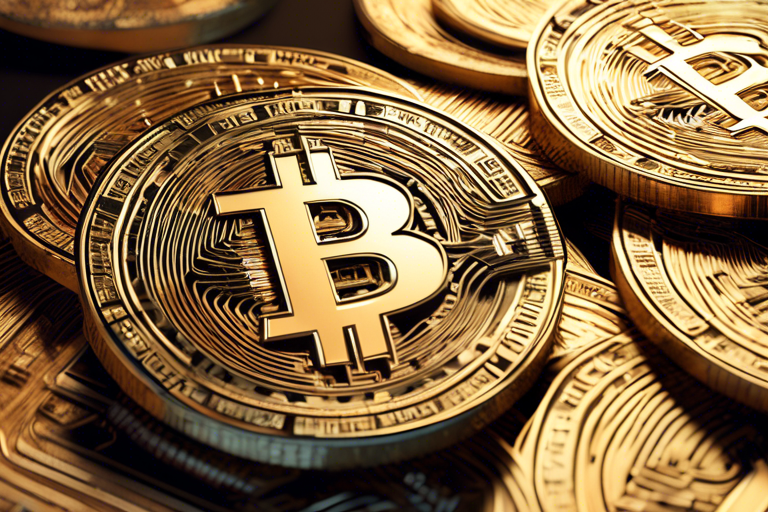Understanding the Impact of MEV Bots on Gas Fees in Solana and Ethereum
As a crypto investor, it’s essential to stay informed about the factors influencing gas fees on blockchain networks like Solana and Ethereum. MEV bots are playing a significant role in pushing gas fees higher, leading to concerns among users and developers alike. Let’s delve into the details of how MEV bots are impacting gas fees and the approaches taken by Solana and Ethereum to address this issue.
The Rise of MEV Bots and Its Impact on Gas Fees
MEV bots have emerged as a contentious issue within the crypto community, particularly on networks like Solana and Ethereum. These bots exploit the transaction ordering process based on gas fees, leading to higher charges for users. The debate surrounding MEV bots has intensified in recent times, prompting discussions about the fairness and efficiency of transaction processing on blockchain networks.
- The role of MEV bots in pushing gas fees higher on Ethereum and Solana
- Concerns about the impact of MEV bots on retail traders and the overall network ecosystem
- Debate surrounding the subsidization of validators and its implications for MEV bot operators
MEV Bots on Ethereum: A Major Source of Gas Fees
On Ethereum, MEV bots have become a significant source of gas fees, with some bots surpassing fees paid by major players in the network. This has raised questions about the fairness of transaction processing and the role of validators in maintaining network integrity. The presence of MEV bots on Ethereum has highlighted the need for proactive measures to address this issue and ensure a more equitable system for all users.
- The impact of MEV bots on gas fees and transaction processing efficiency
- Challenges faced by Ethereum in addressing the proliferation of MEV bots
- Proposed solutions to mitigate the influence of MEV bots on gas fees
Solana’s Approach to Handling MEV Bots
Unlike Ethereum, Solana has taken a different approach to addressing the issue of MEV bots and their impact on gas fees. By actively subsidizing its validators, Solana aims to discourage operators from engaging in MEV operations, thereby reducing the overall burden on users. This approach has generated mixed reactions within the crypto community, with some praising Solana’s proactive stance and others expressing concerns about the effectiveness of this strategy.
- Solana’s strategy of subsidizing validators to discourage MEV operations
- Evaluating the effectiveness of Solana’s approach in mitigating MEV attacks and reducing gas fees
- Comparing Solana’s approach to addressing MEV bots with other blockchain networks
The Future of MEV Bots in Crypto Networks
As MEV bots continue to influence gas fees and transaction processing on blockchain networks, it’s crucial for developers and users to collaborate on effective solutions. The evolving nature of MEV attacks requires constant vigilance and innovation to stay ahead of malicious actors. By fostering a community-driven approach to tackling MEV bots, crypto networks can enhance their resilience and reliability for all participants.
Hot Take: Navigating the MEV Landscape in Crypto
When considering the impact of MEV bots on gas fees in blockchain networks like Solana and Ethereum, it’s evident that proactive measures are needed to address this challenge. By promoting transparency, accountability, and collaboration among stakeholders, the crypto community can work together to mitigate the influence of MEV bots and create a more secure environment for all users.





 By
By
 By
By
 By
By
 By
By
 By
By